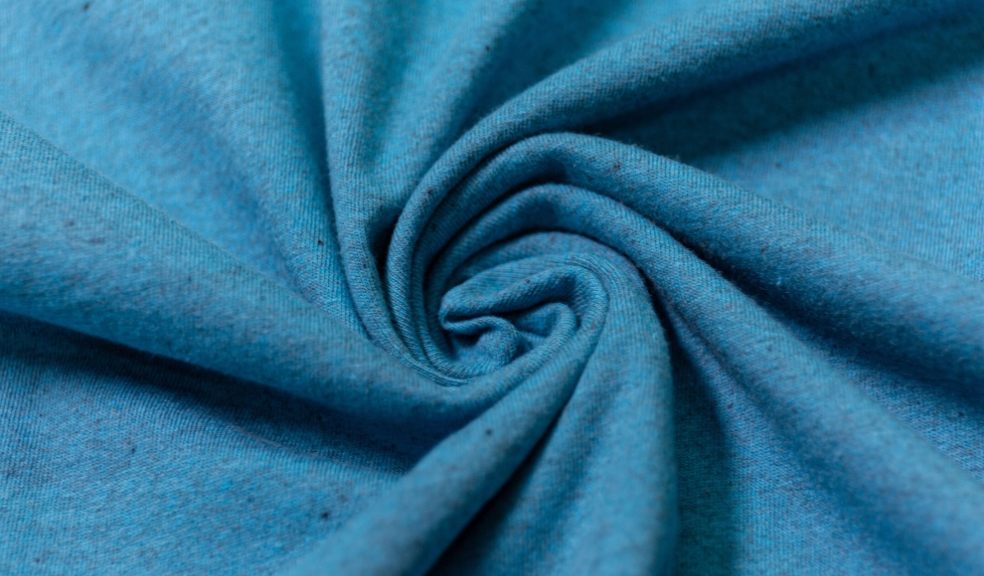
Why should you recycle your clothing?
In today's fast-paced world, where fashion trends change at a rapid pace, the clothing industry has become one of the largest contributors to environmental degradation.
From the production of textiles to the disposal of garments, the fashion industry significantly impacts the planet.
However, one effective solution to mitigate this impact is recycling clothing. Recycling clothing not only helps reduce waste but also promotes sustainability by conserving resources and reducing the overall environmental footprint. In this article, we will explore why it is crucial to recycle clothing and the positive impact it can have on our planet.
-
Reducing Landfill Waste
The fashion industry generates an alarming amount of waste each year, with millions of tons of clothing ending up in landfills. Unlike natural materials like cotton or wool, synthetic fibers take centuries to decompose. By recycling clothing, we divert textile waste from landfills and minimize the environmental burden. Recycling ensures that garments are given a second life instead of contributing to the growing piles of waste.
-
Conserving Natural Resources
The production of new clothing requires vast amounts of natural resources, including water, energy, and raw materials. By recycling clothing, we reduce the demand for these resources. The textile recycling process involves repurposing used garments, thereby reducing the need for extracting new materials and conserving precious resources. Recycling clothing helps protect water sources, reduces energy consumption, and preserves valuable land that would otherwise be used for cultivating raw materials.
-
Minimising Environmental Impact
The fashion industry is known for its significant environmental impact, including high levels of greenhouse gas emissions and water pollution. Recycling clothing plays a vital role in minimizing these harmful effects. By extending the lifecycle of clothing through recycling, we reduce the need for new production, which is associated with carbon emissions and water-intensive processes. Additionally, recycling prevents the release of toxic dyes and chemicals into the environment that occur during the manufacturing of new textiles.
-
Fostering a Circular Economy
Recycling clothing is an essential component of the circular economy model, which aims to minimize waste and keep resources in use for as long as possible. By recycling garments, we shift away from the linear "take-make-dispose" model to a more sustainable approach. Recycling allows materials to be continuously repurposed, promoting a closed-loop system where textiles can be reused, upcycled, or transformed into new products. This shift toward a circular economy is crucial for reducing the fashion industry's environmental impact and creating a more sustainable future.
In conclusion, the importance of recycling clothing cannot be overstated. By choosing to recycle our garments, we actively contribute to waste reduction, conserve natural resources, minimize environmental impact, support local communities, and foster a circular economy. Small actions, such as donating clothes or purchasing recycled garments, can have a significant positive impact on our planet. As consumers, it is essential to embrace sustainable practices and make conscious choices that prioritize recycling clothing. Together, we can create a more sustainable and environmentally conscious fashion industry.
New company SeaSurf makes sure that every item of clothing it makes is designed from the start to be sent back when it is worn out. They make new products with the material they recover and, better still, you receive a store credit.













